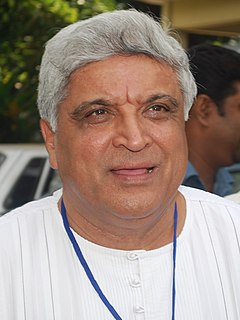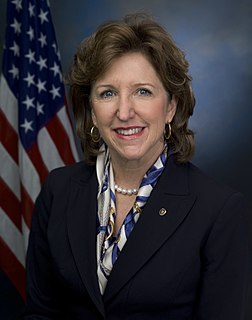A Quote by Helen Clark
Related Quotes
All my life I have made it a rule never to permit a religious man or woman take for granted that his or her religious beliefs deserved more consideration than non-religious beliefs or anti-religious ones. I never agree with that foolish statement that I ought to respect the views of others when I believe them to be wrong.
There is a place in this world for satire, but there is a time when satire ends and intolerance and bigotry towards religious beliefs of others begins. Religious beliefs are sacred to people and at all times should be respected and honored. As a civil rights activist of the past 40 years, I cannot support a show that disrespects those beliefs and practices.
The Chief Justice's ... main point seemed to be that the references to God in the Pledge of Allegiance aren't really religious and therefore are not that important - something I would think would offend Christians who think it should stay because it is religious and does matter. Too many Christians appear to be desperate to shore up their failing confidence in their own religious beliefs by having the government officially endorse those beliefs.
An interesting thing about the religious people who run Iran is that one of their problems with Ahmadinejad, who they thought would be one of their guys because he's so religious, is that he actually has some really nutty ideas about religion. He's too religious. He's too literal. I mean, there are plenty of people in Iran who like Ahmadinejad's religious beliefs, just as there are plenty of Christian fundamentalists in America who like George W. Bush's beliefs. But there are also plenty of people who are very uncomfortable with his overt religiosity.
Tolerance is a good cornerstone on which to build human relationships. When one views the slaughter and suffering caused by religious intolerance throughout all the history of man and into modern times, one can see that intolerance is a very nonsurvival activity. Religious tolerance does not mean one cannot express his own beliefs. It does mean that seeking to undermine or attack the religious faith and beliefs of another has always been a short road to trouble .
More and more people are becoming unable to accept traditional [religious] beliefs. If they think that, apart from these beliefs, there is no reason for kindly behaviour, the results may be needlessly unfortunate. That is why it is important to show that no supernatural reasons are needed to make [people] kind and to prove that only through kindness can the human race achieve happiness.
The brain is a stubborn organ. Once its primary set of beliefs has been established, the brain finds it difficult to integrate opposing ideas and beliefs. This has profound consequences for individuals and society and helps to explain why some people cannot abandon destructive beliefs, be they religious, political or psychological.











































